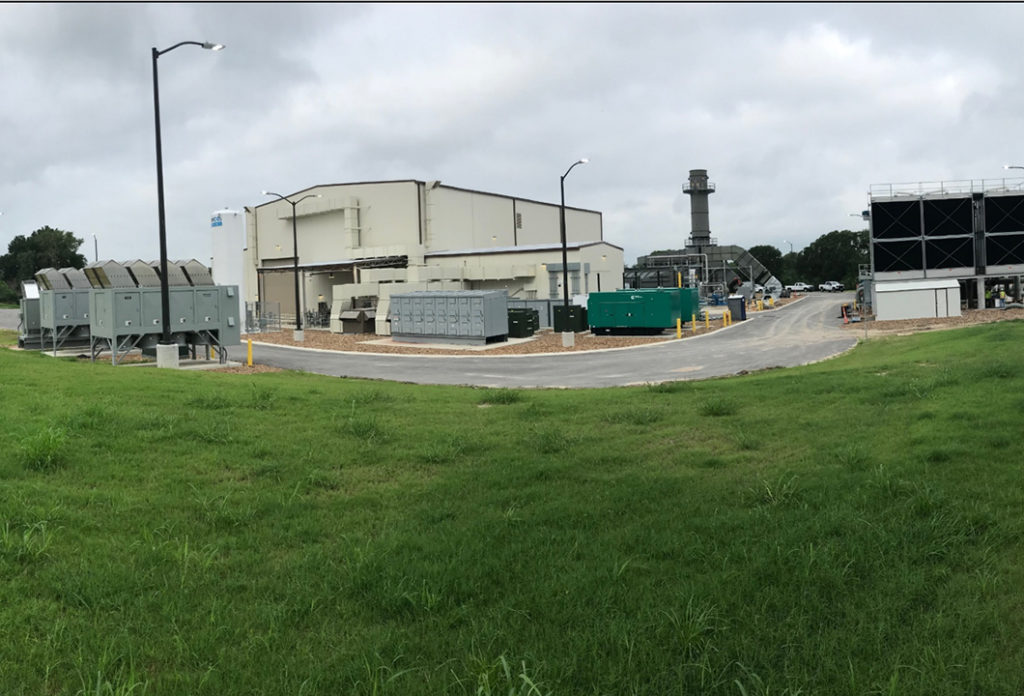 GTI Energy and its partners, Southwest Research Institute (SwRI) and GE Vernova, have marked what they believe is a significant leap forward in energy technology advancement with the opening of their Supercritical Transformational Electric Power (STEP) Demo test facility in San Antonio, Texas. Funded by the US Department of Energy and industry partners, the STEP Demo facility is said to be a first-of-a-kind, 10 MWe power plant to validate the supercritical carbon dioxide (sCO2) Brayton power cycle.
GTI Energy and its partners, Southwest Research Institute (SwRI) and GE Vernova, have marked what they believe is a significant leap forward in energy technology advancement with the opening of their Supercritical Transformational Electric Power (STEP) Demo test facility in San Antonio, Texas. Funded by the US Department of Energy and industry partners, the STEP Demo facility is said to be a first-of-a-kind, 10 MWe power plant to validate the supercritical carbon dioxide (sCO2) Brayton power cycle.
SCO2 power cycles are thought o have the means to revolutionise power generation, maximising efficiency and ensuring ‘cleaner, flexible, and reliable power’. Brayton power cycles can operate using a wide range of low- and zero-emission heat sources, and provide quicker response to changes in power demand during extreme weather events.
The STEP Demo facility is expected to demonstrate a higher efficiency rating than that currently possible with conventional technology – it has the potential to increase the efficiency of a 300 MW commercial plant by up to 10%.
The technology can be integrated with waste heat recovery from industrial or power sources as well as nuclear or solar thermal applications for cost-effective power generation with zero carbon emissions.
Full-scale testing at the STEP Demo is scheduled to begin in early 2024. The test facility will generate data that will help optimise the design and performance of sCO2 power systems. This data will play a pivotal role in the development of commercial sCO2 power plants that can be deployed around the world.
“GTI Energy is proud to catalyse innovation and collaboration to enable power generation to contribute to clean, efficient, and reliable energy,” said Paula A. Gant, president and CEO of GTI Energy. “The STEP Demo pilot is demonstrating the efficiency and emissions benefits of supercritical carbon dioxide technology in transforming electric power generation.”
“The STEP Demo facility was built with flexibility and modularity in mind, so it can serve as a test bed for future development and validation of system components or alternate supercritical CO2 cycle configurations. It can be configured to operate with turbine inlet temperatures of 500°C or less, as well as higher turbine inlet temperatures up to 715°C,” said Robert Schrecengost, division director at the US DOE’s Office of Fossil Energy and Carbon Management.
Image: The STEP Demo test facility in San Antonio, Texas (courtesy of GTI Energy)






